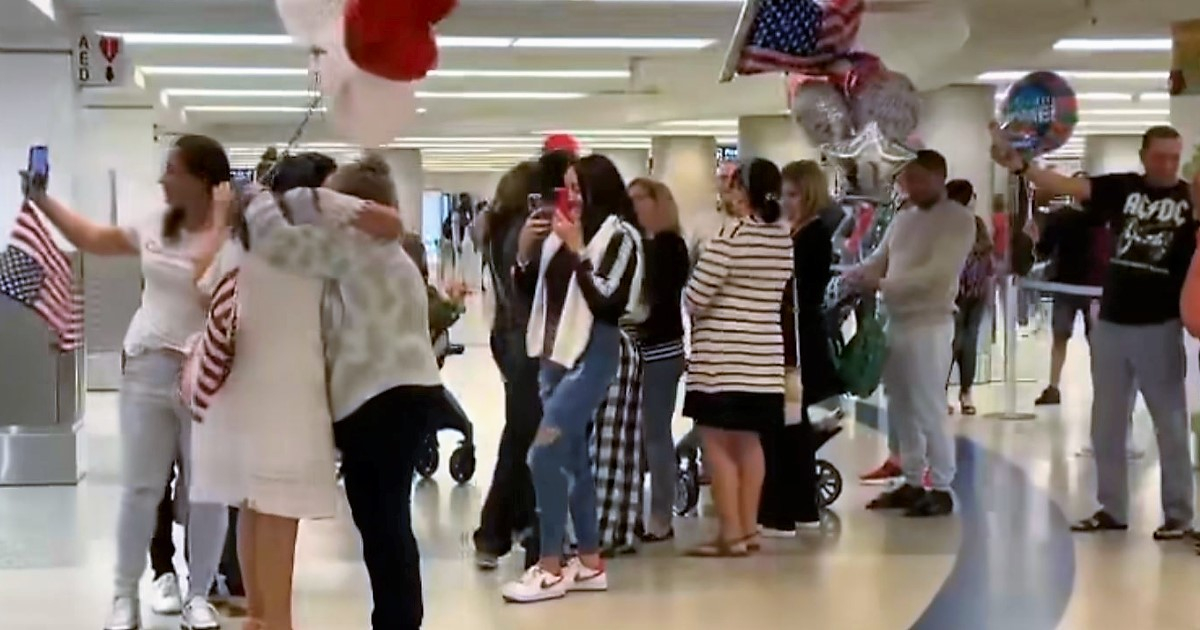
Prosecutors of20 states suing the United States government asked a federal court in Texas to temporarily freeze thehumanitarian parole program for citizens of Cuba, Venezuela, Nicaragua and Haiti, while a final ruling on the litigation is issued.
In a22 page emergency motion, presented this Tuesday before the Court of the Southern District of Texas, the prosecutors of the 20 states with Republican leadership asked the federal judgeDrew B. Tipton to issue a precautionary measure to stop the progress of the program, implemented by the administration ofJoe Biden since last January 6.
“The Humanitarian Parole Program is arbitrary and capricious because the defendants [the Department of Homeland Security, DHS] have relied on factors that Congress did not intend them to take into account (…), without demonstrating, in the first place, why the admission of each individual to parole will produce a benefit humanitarian or public,” the document states.
In their argument, the prosecutors affirm that the balance of damages caused by the measure “favors the granting of a preliminary order,” because “The damage to the States is immediate, irreparable and continuous.”
The order requested by the plaintiff states follows thelawsuit filed by state prosecutors on January 24 to cancel the humanitarian parole program, which grants up to 30,000 monthly visas to Cubans, Nicaraguans, Venezuelans and Haitians. The beneficiaries must receive financial sponsorship from the United States and can remain in the country for two years, with a work permit and options for further improvement.
The emergency motion will be considered in a session set by the court for March 7.
Until nowThe lawsuit had its first hearing date for April 25 before the court, based in Victoria, Texas. The application and approval process for program beneficiaries should continue uninterrupted until then.
In response, on January 26, the government asked the court for a change of venue to discuss the case, with the proposal to take it to the Western District Division, in Austin, Texas, or Washington DC, considering that both the selection of the place by the plaintiffs to present the case and the previous decisions of Judge Tipton on immigration make Victoria a inadequate scenario to ventilate the demand.
The judge called a special hearing on the government's request for a change of venue for this Tuesday, February 21.
The states that sign the lawsuit areFlorida, Texas, Alabama, Alaska, Arkansas, Idaho, Iowa, Kansas, Kentucky, Louisiana, Mississippi, Missouri, Montana, Nebraska, Ohio, South Carolina, Tennessee, Utah, West Virginia andWyoming.
The Biden administration maintains that the initiativeHumanitarian parole seeks to stop the uncontrolled migratory flow along the southern border of the United Statess, and enable safe and orderly entry into the country, while guaranteeing private financial support to the parole beneficiary.
According to statistics issued by the DHS, in just one month of applying the program, some 12 thousand people, mostly Cubans, have entered the country. At the same time, theIrregular entries of immigrants from the benefited nationalities have been reducedin its entirety by almost 90 percent.
Theplummet in border arrivals It is also conditioned by the implementation of a policy of immediate expulsion of immigrants, which the Mexican government has agreed to accept up to a limit of 30 thousand per month.
In the case of Cuban immigrants, immediate repatriations also include those who risk maritime adventures through the Straits of Florida and are intercepted by Coast Guard and Border Patrol operatives.
What do you think?
SEE COMMENTS (6)Filed in: